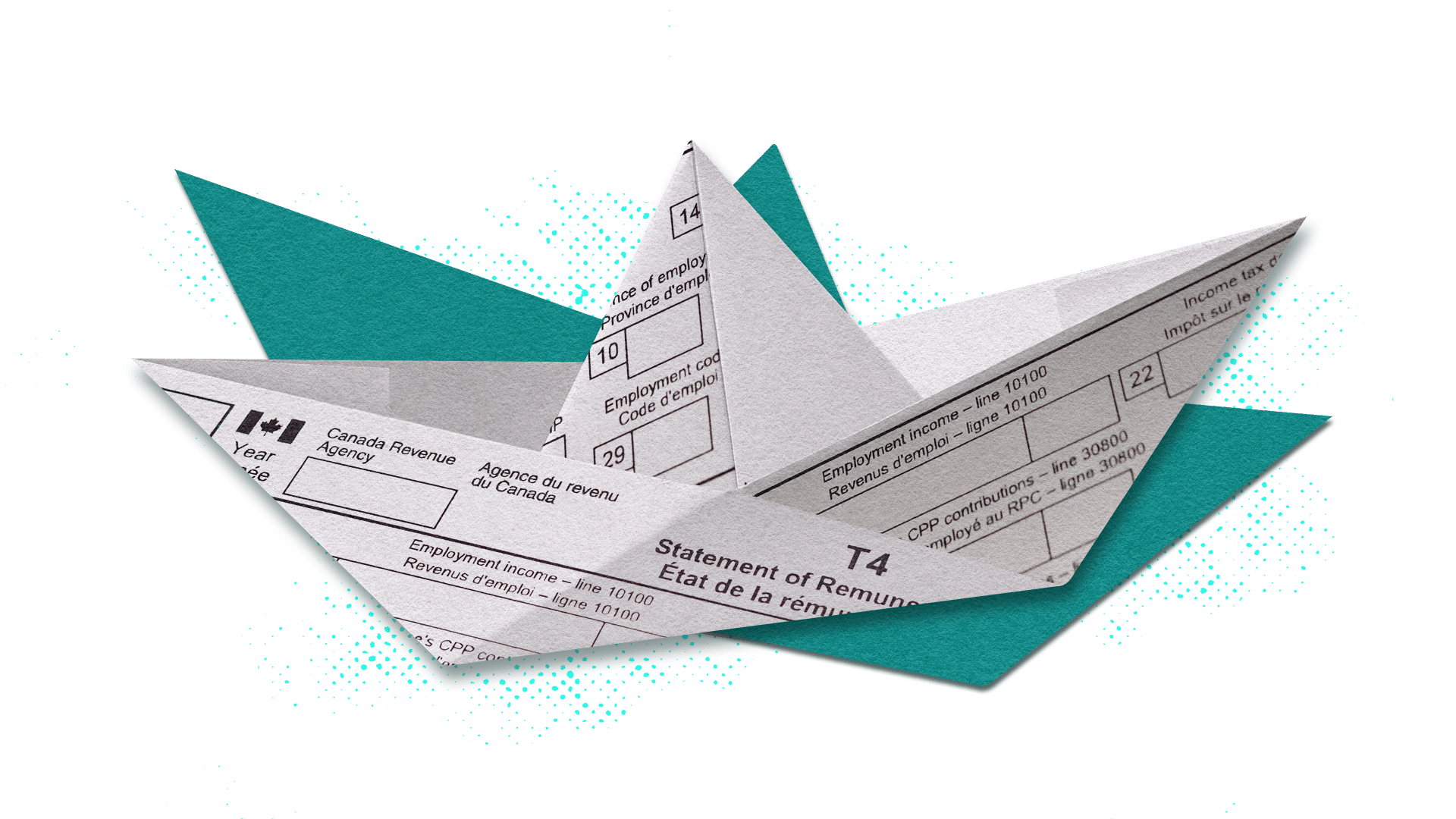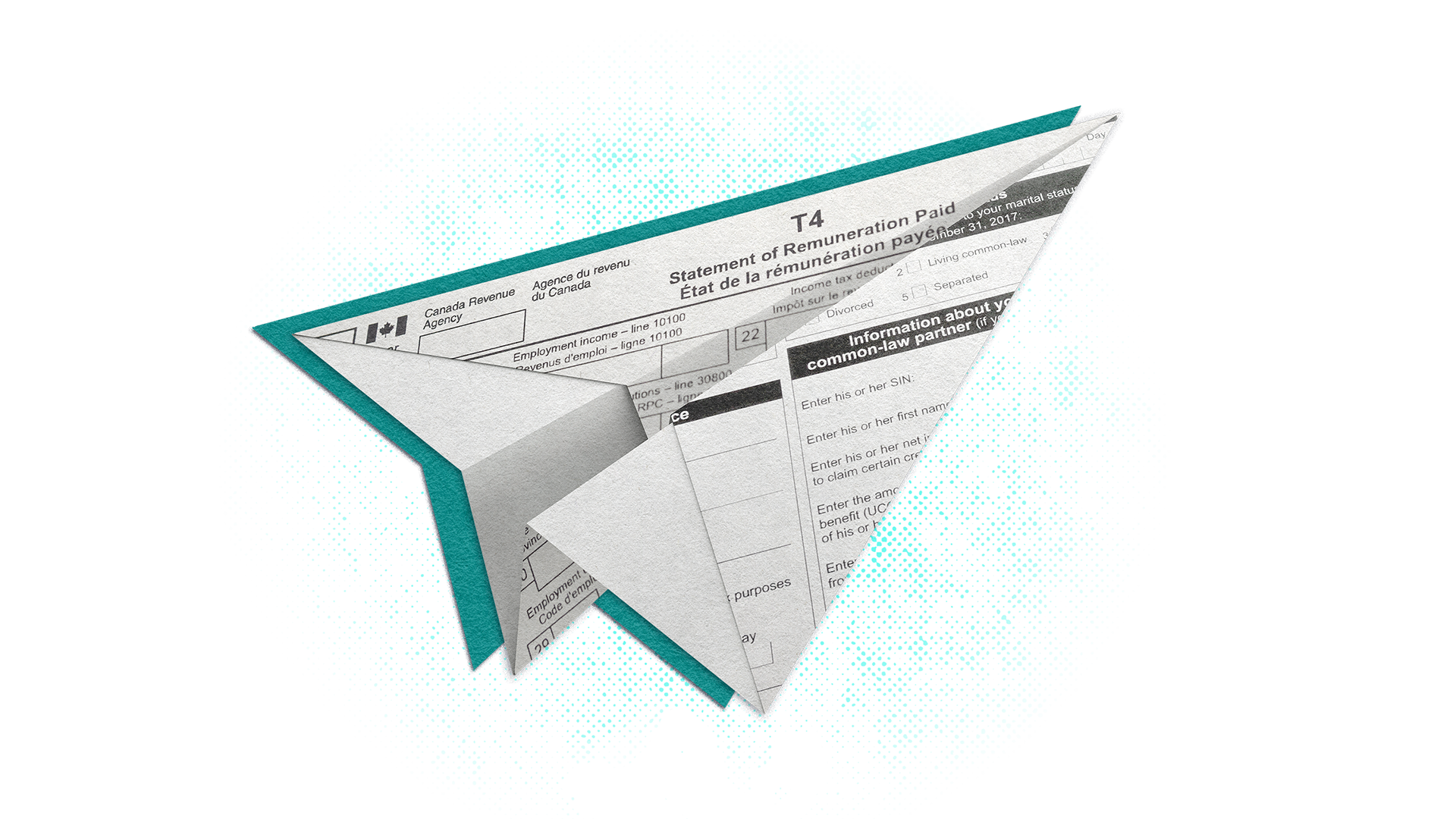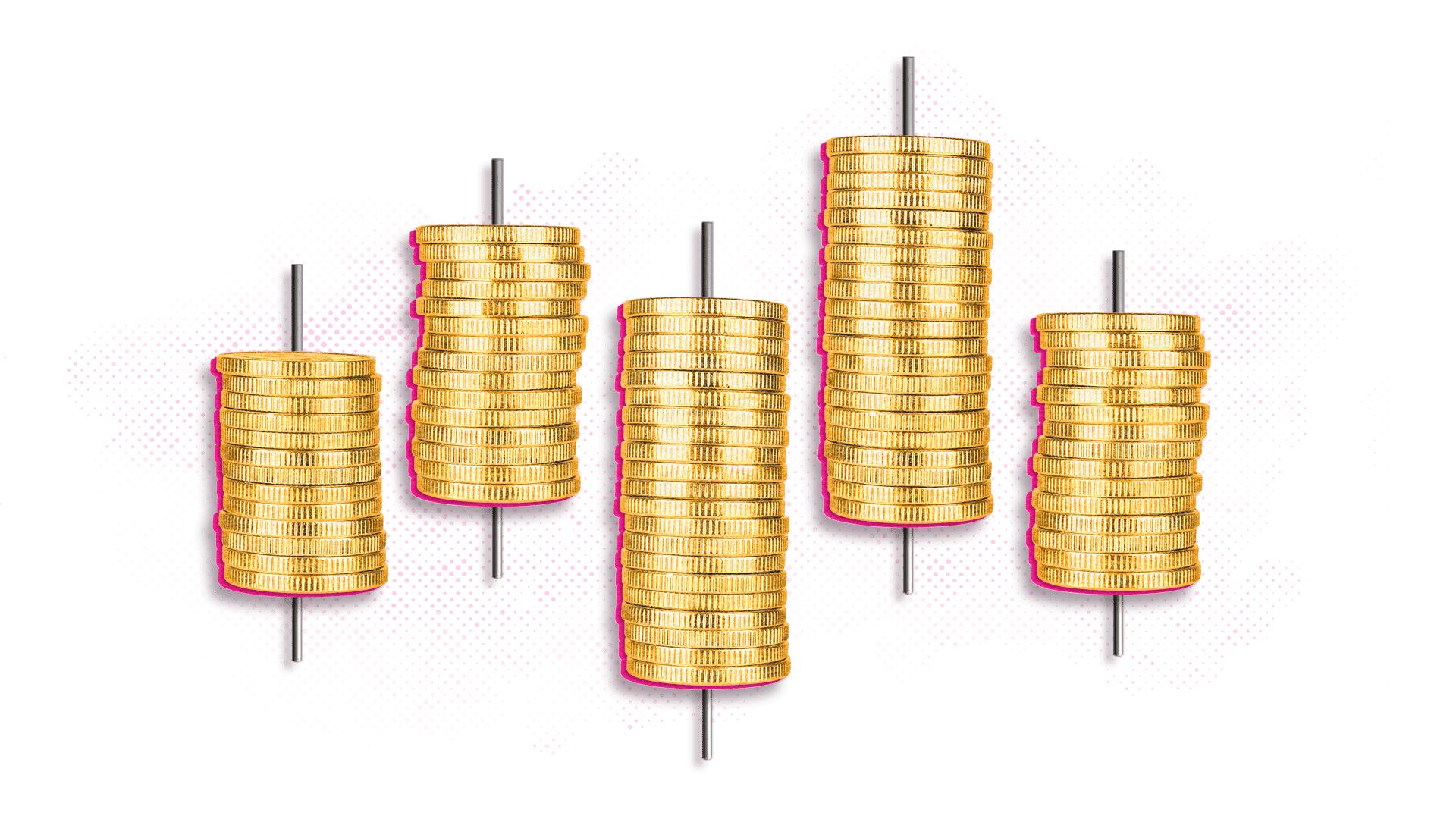- When do 2022 taxes need to be filed?
- What happens if I file my taxes late?
- What are some ways that can help to get a bigger tax refund in Canada?
- Can you change your taxes after filing?
- At what age do you start filing taxes in Canada?
- Steps to filing taxes in Canada
- How to know if your taxes were already filed
- Frequently Asked Questions: Tax Filing in Canada
Between birthdays, anniversaries and holidays, we all have a few can’t-miss dates circled on our calendars. While few would consider tax season an event worth celebrating, it’s a time of year you can’t afford to let slip by. Whether your taxes are simple or complicated, it’s important to stay on top of the filing deadline, as well as any incentives, credits or deductions that might reduce your tax bill.
Here are some important things to remember when preparing your tax filing in Canada this year.
When do 2022 taxes need to be filed?
The tax filing deadline for the 2022 tax year is midnight on May 1, 2023. Usually, the deadline is April 30, but since that date falls on a Sunday this year, you get a 24-hour extension. If you or your spouse are self-employed, you have until June 15, 2023 to file your return, though any taxes owing must be paid by May 1, 2023.
What happens if I file my taxes late?
While you should always try to file your taxes on time, late filings will only trigger a penalty if you owe money to the government. A 5% late-filing penalty on the balance owing will be levied the moment you miss the deadline, plus an additional charge of 1% for each full month you file after the due date to a maximum of 12 months. Depending on what you owe, these fines can significantly add to your tax bill if left unchecked.
What are some ways that can help to get a bigger tax refund in Canada?
-
Contribute to a Registered Retirement Savings Plan (RRSP).
Every dollar you put into your RRSP can be deducted from your taxable income. You have until March 1 to make contributions to your RRSP if you want to claim the deduction on your 2022 tax return.
-
Claim childcare expenses and family benefits.
Some or all of the fees you pay for daycare, a nanny or even summer camps may be tax deductible. You can also claim the Canada Child Benefit for dependents under 18, which will be paid to you every month. And more mouths to feed increases your eligibility for the GST/HST Tax Credit.
-
Claim medical expenses.
Out-of-pocket expenses for prescription drugs, dentist fees, laser eye surgery and physiotherapy can be claimed as medical expenses, which can generate non-refundable tax credits that reduce your taxes payable.
-
Claim work-from-home expenses.
The temporary “flat rate method” of claiming home office expense introduced in 2020 as a response to the COVID-19 pandemic remains available to taxpayers. If you still worked from home for more than 50% of the time for at least four consecutive weeks in 2022, you can claim the work-from-home tax deduction which is worth as much as $500, depending on your circumstances. You can also use the “detailed method” to calculate your deduction. If you use the detailed method, you’ll need to be prepared to provide receipts for all your expenses. Find out more here.
-
Declare interest on education loans.
You can claim post-secondary education expenses, including interest paid on eligible loan programs under the Canada Student Financial Assistance Act and the Canada Student Loans Act, in addition to some provincial programs.
The federal and provincial governments frequently introduce new tax breaks and incentives to help Canadians save, encourage certain behaviours or boost parts of the economy that need assistance. Read up on some of the other surprising ways you can lower your tax bill this year.
Can you change your taxes after filing?
You can change entries on specific lines of your tax return up to 10 years after filing, but you cannot file an entirely new return. You can use a function called “Change my return” on the Canada Revenue Agency’s MyAccount portal, or taxpayers using NetFile can use ReFILE to amend any of their past four tax returns. These provisions are meant to effect changes resulting from new or changed information. It is an offence to knowingly submit false information on your return.
At what age do you start filing taxes in Canada?
Age has nothing to do with it. It’s about your income. As soon as your taxable income from employment earnings or other sources (such as non-registered investments) approaches the level of the basic personal exemption — the minimum amount on which you pay no income tax, this year pegged at $14,398 — you should consider filing a return.
Steps to filing taxes in Canada:
• Gather your documents.
The most important one is your T4 from your employer, but other “T” slips may also be applicable, too. If you contributed to an RRSP, you’ll need proof from the financial institution that holds your assets. If you donated to charity, get those official receipts, plus any applicable childcare, medical, education or business expenses.
• Decide how you are going to prepare your taxes.
Most people these days use cheap (in some cases, free) tax preparation software that can often also file your return electronically with the Canada Revenue Agency (CRA). You can also engage a tax preparer, an accountant or a volunteer at a free tax clinic if you need advice. If you prefer to complete your tax return by hand, you can download and print a paper form or order one online or by phone (1-855-330-3305) from the CRA. Once it’s filled in, you can simply mail it to the CRA.
• Fill out your return or tax software or meet with a tax preparer.
You’ll probably find you cannot complete this task in one sitting. There are always documents and pieces of information that you find you need as you go through the return. Leave yourself at least a week to get it finalized.
• Double-check your personal information.
Make sure your address, marital status and Social Insurance Number (SIN) are correct and up to date or your refund could be delayed.
• Arrange to pay any balance owing or receive a refund.
If you use tax preparation software, it will guide you to direct deposit and payment options with the CRA. Paper filers have to make do with cheques by mail.
How to know if your taxes were already filed
If you filed your taxes electronically, you would have had to sign up for CRA’s MyAccount portal. If not, visit the CRA site and sign up. You can log into your MyAccount dashboard at any time to determine your current tax status.
![]()
Frequently Asked Questions: Tax Filing in Canada
Is it difficult to do your own taxes?
Tax software (including some free online services) has made the task of preparing a tax return easier. These cloud-based tools do much of the work for you based on your answers to a series of questions. If you find that too challenging, there are also tax preparation services that allow you to interact with an agent. If your tax situation is complex (e.g., if you own a small business or investment property), you may be better off seeking out full-service tax preparation from an accountant or bookkeeper.
How long will it take for me to get my refund?
Taxpayers who use an electronic filing service, have no errors or inconsistencies on their return and have arranged for direct deposit into their bank account can expect any refund owing within two to three weeks of filing. It may take up to 16 weeks, however, if the return is flagged for review, if you filed a paper return or if you reside outside the country.
Can I get in trouble for not filing taxes?
Yes, in some circumstances such as when you have taxes owing, you can get in trouble for not filing a return. Chronic non-payment can result in fines and interest over and above your balance payable and the garnishment of your income directly from your employer. There are, however, various rules allowing extensions on tax filing and tax payment for cause, sometimes without penalty. In short, you should always consider filing taxes.
Can my partner and I file our taxes jointly?
The short answer is no. Canadian tax rules do not allow spouses or those in a common-law relationship to file a joint income tax return; you must file your own.
Does filing taxes late affect your credit rating?
The CRA has a stringent privacy policy that forbids it from reporting a simple overdue balance to credit rating agencies. Once the taxman takes steps to collect the debt with the help of a collection agency or through the courts, however, these actions may turn up on your credit report.
Can international students get a tax benefit for tuition in Canada?
The eligibility to claim Canadian post-secondary tuition in a foreign country depends on that country’s tax code. If the student has income in Canada and files a Canadian tax return, they may claim educational expenses against income taxable in Canada. Don’t expect to be able to claim the same expenses in two jurisdictions.







